

Let’s talk about stories.
Specifically, let’s talk about video game stories. Anyone who’s taken a basic creative writing course is familiar with traditional story structure: the introduction, the inciting incident, the rising action, a climax, and a denouement. With regard to folklore, it’s called the Hero’s Journey; in film, they call it the three-act structure. The terminology might be different depending on who’s talking, but everyone’s describing the same thing. It’s just basic storytelling.
Yet, games don’t work like other media. For all the talk about some games’ cinematic qualities, a video game isn’t a movie, and it shouldn’t be treated like one. The whole point of gaming is interaction. If players want to passively watch something, they should go to theater; if they want to actively engage with a story and its characters, they should boot up a game.
Of course, the more freedom that a player has, the more control that designers give up, and developers are still struggling to find the balance between player agency and authorial direction. Even some of the game industry’s most celebrated stories don’t fully deliver. As you may have heard, Mass Effect struggles with its ending. Bioshock hinges on an (admittedly fantastic) second act-twist, and the rest of the game can’t quite live up to that moment. Dragon Age: Inquisition relegates most of its drama to side quests that focus on supporting characters, not the player.
The Witcher 3, though? The Witcher 3 gets it right.
On the surface, The Witcher 3 is about Geralt, the titular Witcher, and his hunt for his adopted daughter Ciri, a super-powered warrior on the run from a demonic army called the Wild Hunt. But that’s just the set-up. The Witcher 3 isn’t a game about grand quests and selfless heroics; it’s about people who’ll sacrifice everything simply to stay alive.
Throughout The Witcher 3’s lengthy campaign – and yes, it is almost oppressively long – Geralt will journey to the farthest reaches of the Northern Kingdoms, fighting off monsters and dealing with humanity at both its best and, more often, its absolute worst. As a Witcher, Geralt’s both a super-powered mutant and a social outcast. Most of the time, he roams the countryside as a kind of medieval Ghostbuster, helping people with their monster problems – for a fee, of course.
Over the course of his adventure, Geralt will rub elbows with kings, noblemen, beggars, ghosts, benevolent trolls, hideous demons, and everything in-between. The world is harsh and inhospitable; at times, The Witcher 3’s Northern Kingdoms feel a lot like Westeros from Game of Thrones. However, while Game of Thrones focuses on the machinations of those in power, The Witcher 3 isn’t afraid to get down in the ditches. Sure, Geralt has a hand in the unfolding political drama, but the game’s most poignant moments come when he deals with the lower classes. Even when Geralt tries to help, peasants and merchants’ stories usually end in tragedy. In some cases, Geralt even makes things worse.
See, there are no easy choices in The Witcher 3, and dialogue options don’t come as part of a black-and-white morality system. In Mass Effect, it’s pretty easy to predict how a given decision will pay off – “good” and “bad” choices are even color coded for the player’s convenience. In The Witcher 3, outcomes are more unpredictable, and players often have to choose between a selection of equally terrible options. Since there’s no “right” answer, players can’t make decisions based around things like how to get new gear, or getting the “best” ending; instead, they’re forced to look at the situation from a character’s perspective. What would Geralt do?
Many role playing games often lack actual role playing, and The Witcher’s focus on character over mechanics is a nice change of pace. Because choices feel like character moments, not mathematical equations, their outcomes pack a real emotional punch.
That’s the big difference between The Witcher and RPGs like Dragon Age: Inquisition. In The Witcher, finishing side quests is necessary – Geralt doesn’t level up very quickly, and he’ll be underpowered if players stick exclusively to the main quest line – but they don’t feel like chores. In The Witcher 3, it’s not grinding, it’s storytelling. It’s fun.
People are talking a lot aboutthe size of The Witcher 3’s virtual world, but the Northern Kingdoms are incredibly deep as well. Ruins don’t exist just because the landscape needs some scenery; those castles are there for a reason. They’ve got history behind them, even if the player only ever sees bits and pieces of the overall story.
We haven’t talked much about the game’s mechanics, and that’s for a reason: our first impressions post sums things up pretty well, so why repeat ourselves? The game’s just as glitchy as reported (and despite frequent patches, doesn’t seem to be getting better), and while combat picks up later into the game, a couple of Geralt’s mystical abilities (particularly Quen, his magical shield) can make things pretty unbalanced.
The game’s user interface feels like a first draft, too. The menu system is clunky and tedious, and inventory management is – to be charitable – a complete mess. Geralt and his horse, Roach, stagger around like they’ve had too much vodka, and the finicky controls and unpredictable camera can make simple tasks (especially looting dead bodies) a chore. Button presses don’t always register, especially when they conflict with an in-progress animation. Let’s not even talk about swimming.
And yet, it’s hard to complain too much. CD Projekt Red promised seamless loading, and for the most part, that’s true (as a tradeoff, when the game does have to load – either during quick travel or after the player’s demise – it’s incredibly slow), and the beautiful environments more than make up for a few technical shortcomings.
The game’s crafting system is deep and not nearly as complicated as it looks, and almost all of the side activities (except for horse racing; see above, regarding the game’s controls) are interesting diversions. The Points of Interest – basically, mini-quests involving things like bandit camps or hidden treasures – offer some welcome surprises, and never take too long to clear out. That’s nice, given that there are literally hundreds of them. Gwent, The Witcher 3’s in-game card game, takes a while to get the hang of, but it’s deep enough that it could easily be a stand-alone game of its own.
And yes, with its rampant sex and violence, The Witcher 3 can be pretty exploitative. During Geralt’s more, ahem, intimate moments, the camera remains stuck in Geralt’s point of view, with lots of disconnected, close-up shots of naked breasts and his partner’s mouth, which hangs open with near-orgasmic pleasure. It’s pretty much textbook objectification. Violence is similarly fetishized, with slow motion shots that show off every brutal decapitation and dismemberment.
That’s worth bringing up because the storytelling itself is so sophisticated that it’s actually jarring when The Witcher 3 devolves into a reductive, macho power-fantasy. Rated M for Mature and real maturity aren’t the same thing, and it’s not always clear that CD Projekt Red knows the difference.
Or maybe they do. After all, this is a game that cuts to two rabbits humping in the middle of an otherwise serious cutscene, features a love scene on a stuffed unicorn, and opens with an act of violence (something involving a raven and a man’s eyeball; you’ll know it when you see it) that’s so ridiculous it’s hilarious. Despite its deep and nuanced story, there’s definitely a pulpy, Robert E. Howard-esque undercurrent to the proceedings. It’s pretty clear that CD Projekt Red is in on the joke; whether or not it’s a funny one is up to the individual player.
The Witcher 3: Wild Hunt doesn’t deserve a perfect score – there are just too many technical problems – but that doesn’t take away from what CD Projekt Red has accomplished. The Witcher 3 is messy, highly emotional, and incredibly addictive. Barring any huge surprises this fall, The Witcher 3 should be a shoo-in for the game of the year – it’s not just one of 2015’s best games, but for many players, it’s the only one they’ll need.
The Witcher 3: Wild Hunt is out now for PC, PlayStation 4, and Xbox One. Game Rant was provided a PS4 download code for this review.

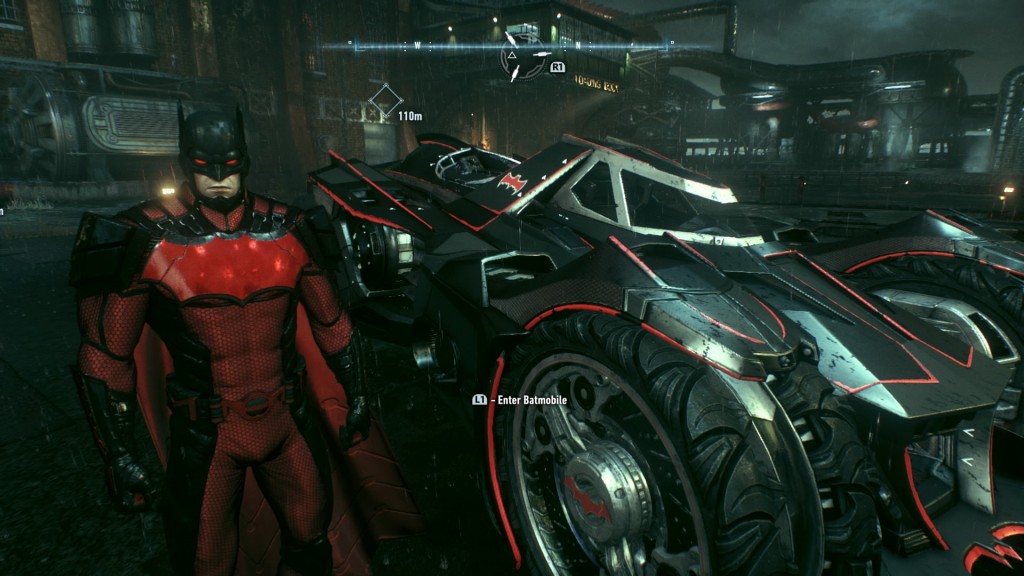
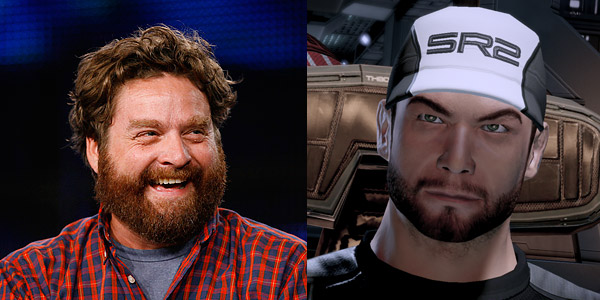

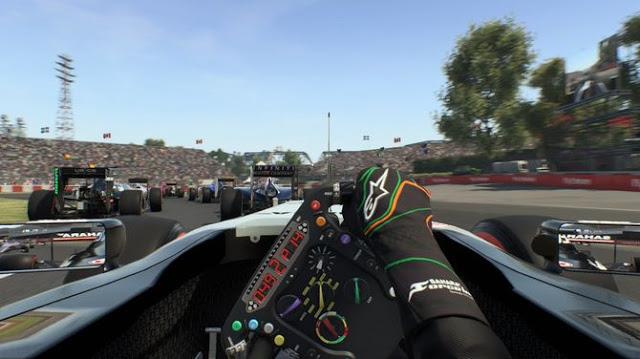 F1 2015 (PC) All Setups
F1 2015 (PC) All Setups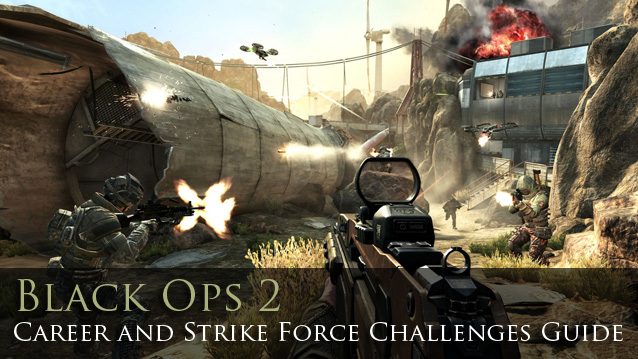 Black Ops 2 Career and Strike Force Challenges Guide
Black Ops 2 Career and Strike Force Challenges Guide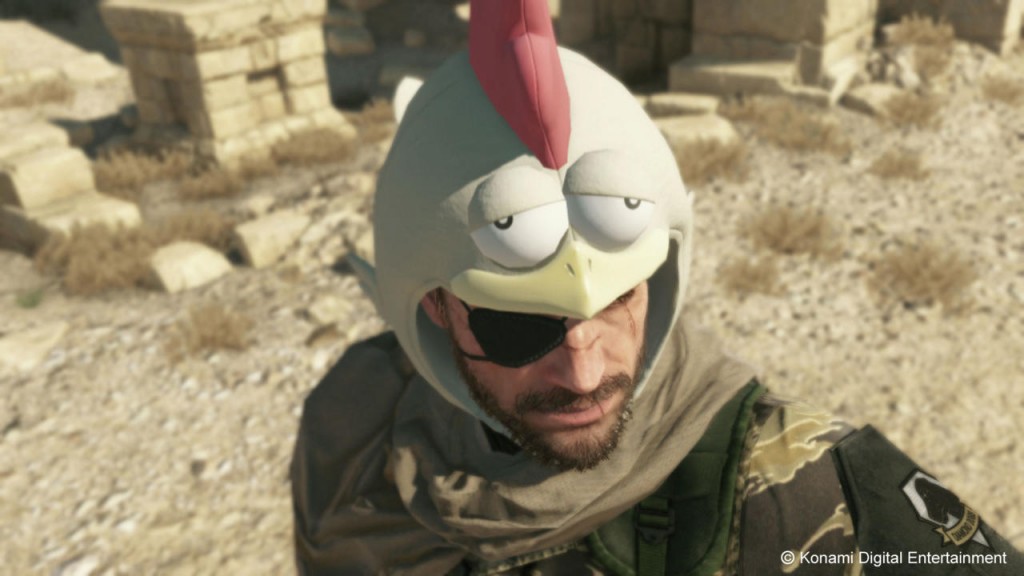 How to get a Chicken Hat in MGS V: The Phantom Pain
How to get a Chicken Hat in MGS V: The Phantom Pain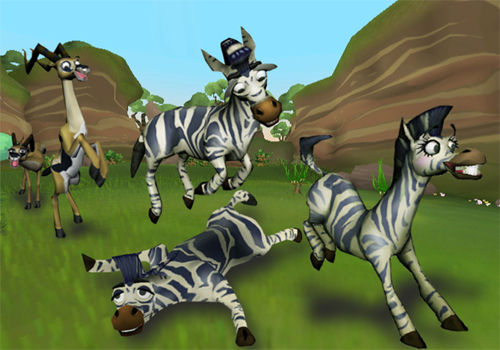 SimAnimals Africa Q&A :: Exclusive Pink Elephant Unlock Code!
SimAnimals Africa Q&A :: Exclusive Pink Elephant Unlock Code!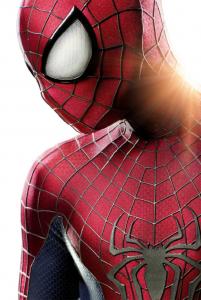 The Amazing Spider-Man 2 Complete Walkthrough & Guide
The Amazing Spider-Man 2 Complete Walkthrough & Guide